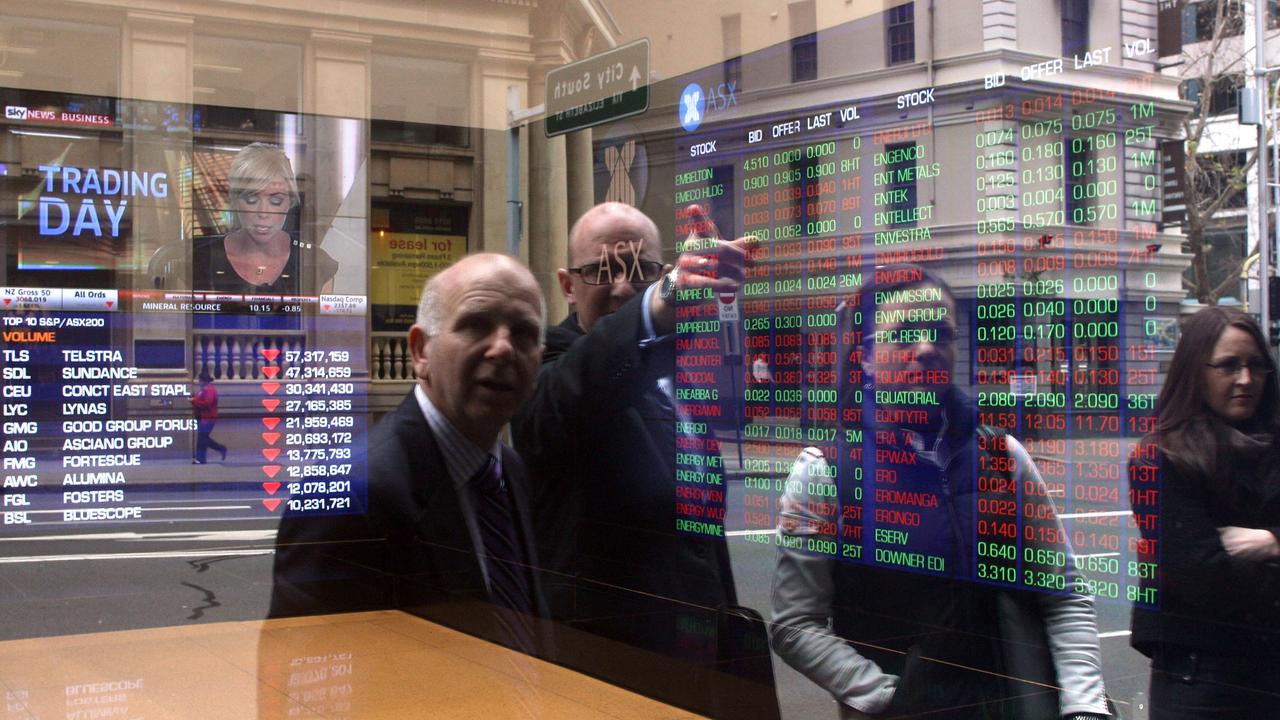BHP earnings driven more by prices than management brilliance
BHP investors shouldn't be salivating at the prospect of radical changes under new chief executive Andrew Mackenzie.
BHP Billiton (BHP) $38.53
BHP Billiton holders who have seen the value of their investment marooned at GFC-era levels shouldn't be salivating at the prospect of radical changes - such as a higher dividend payout ratio or a sweeping acquisition - under new chief executive Andrew Mackenzie.
"We have chosen a new leader, that doesn't mean we have chosen a new strategy," chairman Jac Nasser says.
While BHP tried to present Marius Kloppers' resignation as his decision alone, the rugby-loving, former South African military conscript appears to have paid the price of a strategy blunder too many, in the same way his Rio Tinto counterpart Tom Albanese fell on his desk spike last month.
The reasons are academic now anyway. And when Klopps clears his desk on May 10 - a quick task given his infamous clean-workplace dictate - he will have been at the helm for just shy of six years. These days, that's an eternity for a chief executive and, as Klopps quips, even more in dog years.
Klopps' dark horse replacement, Andrew Mackenzie, spent most of this morning's presser being chuffed and honoured at the appointment, but offered the clue that his background was in the low-margin chemical industry. As a result, his focus will be on eking out productivity gains from existing operations and not being seduced by the occasional period of huge returns - super profits? - enjoyed by the miners.
There's no doubt the Glaswegian is a smart cookie: his 1980 PhD on steroidal molecular maturity parameters influenced oil and gas exploration techniques and might even have been read by a misguided rogue cyclist or two.
The truth with the resource giants earnings is that ultimately they're more influenced by commodity prices and volumes than management brilliance.
This again was reflected in BHP's half-year results, with the 38 per cent decline in EBIT (from $US15.9 billion to $US9.8bn) almost entirely due to an adverse $US5.7bn ($5.52bn) commodity price shift.
The pain was offset somewhat by record sales volumes in five commodities, notably iron ore.
The net profit of $US4.23bn - weighed down by $US1.4bn of aluminium and nickel writedowns - was 58 per cent lower but within market expectations.
In a commodities outlook statement specific by BHP's usual circumspect standards, management expects stronger global growth but "moderating" Chinese demand, to about 2-4 per cent.
Iron ore prices are expected to be volatile while copper - another key exposure - will benefit from a scarcity of new supply.
We had BHP as a long-term buy at $34.20 in late November.
This call is on hold while we review old episodes of Taggart to glean how Glaswegians tick.
*Disclosure: the author owns BHP Billiton shares
The Australian accepts no responsibility for stock recommendations. Readers should contact a licensed financial adviser. The author does not own shares in any of the companies mentioned.


